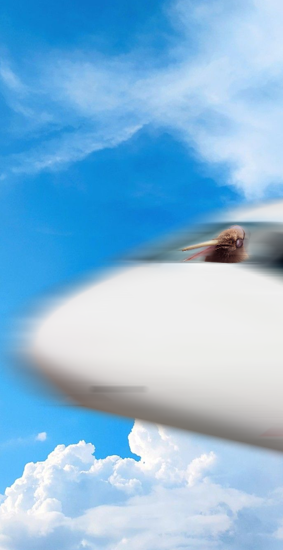Yam and Troy the Science boys – Issue 10
Cows and sheep make heaps of fucking money. In 2019, they contributed $12.6 billion to New Zealand’s Gross Domestic Product (GDP). It’s no surprise that the motherfuckers contribute to under 40% of our greenhouse gas emissions for the same year. But it is a surprise that $12.6 billion is less than 5% GDP for that year. This number discrepancy means that an industry responsible for less than 5% of GDP is responsible for 40% of the emissions; this does not check out.
Am I suggesting that everyone stop consuming beef, lamb, and dairy products? No, that would be a dubious proposition at best. I love a burger as much as the next guy. I also think the farmers of this country would look at the abandonment of livestock farming less than favourably. There exists a more straightforward solution, fortunately. Asparagopsis taxiformis, otherwise known as red seaweed, has been shown to reduce methane production in the same process that produces it in the intestines of cows.
University of California, Davis studied how this type of seaweed altered the methane production of Angus-Hereford beef cattle. In vitro, this seaweed reduces methane production by up to 99%. The study observed 20 cows, seven in a control group, seven in a low yield group, and six in a high yield group. There would have been seven in this group, but one of the cows got into a rark up and got it’s shit fucked up, so they removed it from testing.
The results showed a 45% to 80% reduction in methane production, depending on the groups. However, even on the lower end, a 45% percent reduction is staggering. An 80% reduction is an excellent sign for the viability of Red Seaweed as a long-term feed-additive solution. However, the most important result was that the ribeyes were still fucking awesome, which is another excellent win. No use sorting out the climate if your meat gets all fucked up in the process.
Much more testing is required before this will reach the market. However, the overwhelmingly positive results of this test show that this will likely be the go-to solution for livestock farmers in the next world over. Once that’s sorted, we can go on to sort out the remaining 91% of global emissions. Also, dairy milk is a garbage product, and we should not be consuming the breast milk of another animal.





